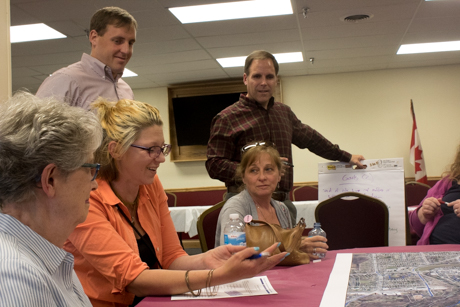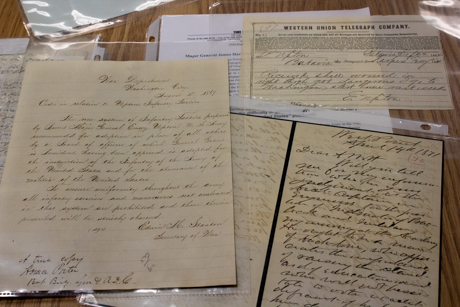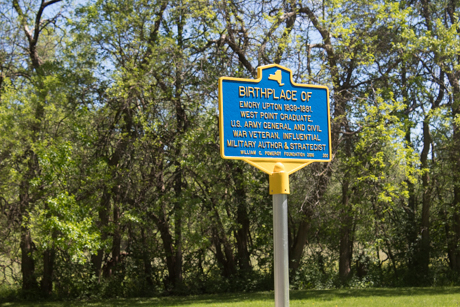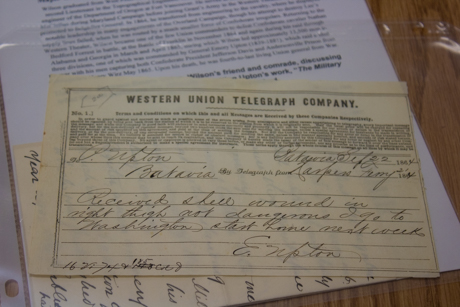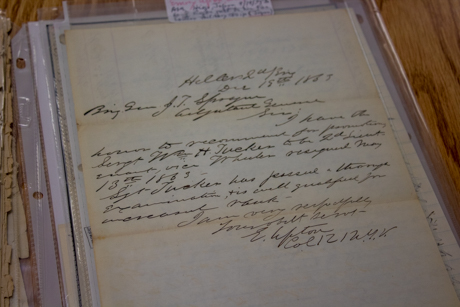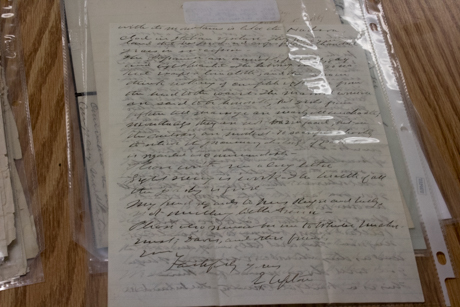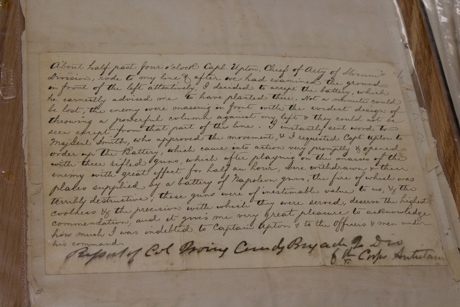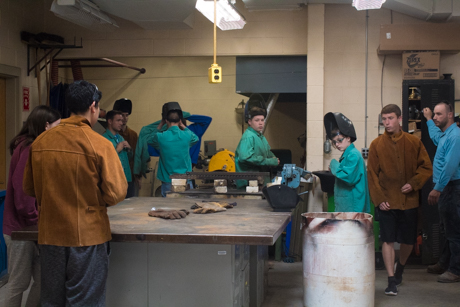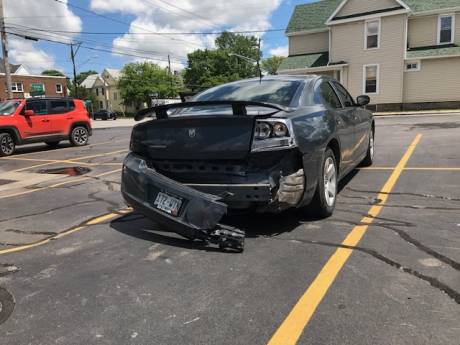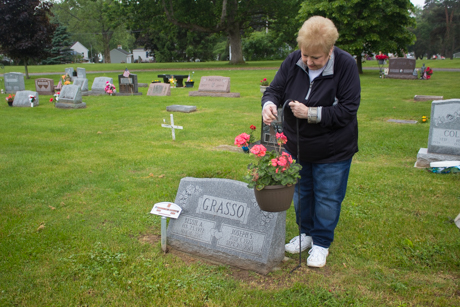Uber and Lyft say there's demand in Batavia for ride sharing and they're ready to begin service by the end of the month
The demand for ride sharing in Western New York, including Genesee County, is strong and has been growing for years, according to the two leading companies expected to provide service locally as soon as it's legal on June 29.
Representatives of both Uber and Lyft said they anticipate being able to provide service to Batavia and the rest of the county that day and they're getting ready to meet the demand.
Both companies are eager to be ready for a potential surge in demand around the July 4 holiday.
Ride-sharing services are a child of the mobile digital age, allowing private drivers to make themselves available to offer rides to people who hail them through a mobile app on a smartphone.
Both Uber and Lyft have become global companies with valuations in the billions of dollars and both companies compete fiercely for drivers and riders. It's been years since either company has been able to expand service in a U.S. market, such as Upstate New York.
Sen. Micheal Ranzenhofer sponsored a bill passed by NYS Legislature and signed by Gov. Andrew Cuomo to make ride sharing legal Upstate in time for the July 4 weekend, after the Legislature had previously approved ride sharing this year.
The lobbying effort by Uber and Lyft included more than $2.6 million combined in campaign contributions. Details do not yet seem available on how much in campaign contributions Ranzenhofer might have received.
A spokesperson for Uber said the company has been eager to start service in Upstate because the demand for the service has been so strong. Certainly in Buffalo, but even in Genesee County, said Alix Anfang, adding that drivers have been signing up in numbers that give the company confidence they will be able to provide fast and reliable service.
"New York, Upstate New York, is one of the last places in the country to have access to ride sharing and people in the area have been demanding it for years," Anfang said. "The governor and the Legislature listened to their constituents and their desire for better transportation options and we're excited we will be able to offer the service."
While there are small cab companies in Batavia and a bus service, ride sharing helps enhance those services rather than compete against them, Anfang said.
"The reports show that more the ride sharing available, the more people use public transit," Anfang said. "The real competition for ride sharing is personal car ownership."
Oftentimes, Anfang said, ride sharing is a "last-mile solution" for people who would want to use public transit, but a bus doesn't get them close enough to their intended destination. Many ride sharing customers, she said, take a bus and then use ride sharing for that last mile.
"If you can get reliable ride sharing, you're more likely to leave your car at home," she said.
Bar and restaurant owners may be one of the biggest beneficiaries of ride sharing. It's smarter to hail a ride, and even plan ahead, with an app on a smartphone than it is to risk a DWI arrest, which is one reason Uber and Lyft were eager to get the service legal and up and running by July 4.
Uber isn't just successful in large cities, Anfang said. Throughout the country, Uber has found willing drivers and demand for services in rural areas as well.
"We want to be everywhere and serve every customer as soon as we possibly can and we're working to make sure we can be ready, especially with the July 4th holiday coming," Anfang said.
Campbell Matthews, representing Lyft, provided the following statement:
"We are excited to officially become a part of communities across New York State,” said Jaime Raczka, regional director of New Markets for Lyft. “In every community in which ride sharing operates, it improves road safety, boosts local economies, and brings local families needed income.
"We thank the thousands of New York State residents who fought to bring these benefits to their neighborhoods and cities, and we look forward to becoming New Yorkers' ride-sharing platform of choice.”
UPDATE: Daniel Aikin, a spokesman for Micheal Ranzenhofer, said the senator hasn't take a dime in contributions from either Uber or Lyft. "His support for the expansion of ride-sharing across Western New York is a result of thousands of Upstate New Yorkers demanding access to this new, safe and reliable transportation option."







